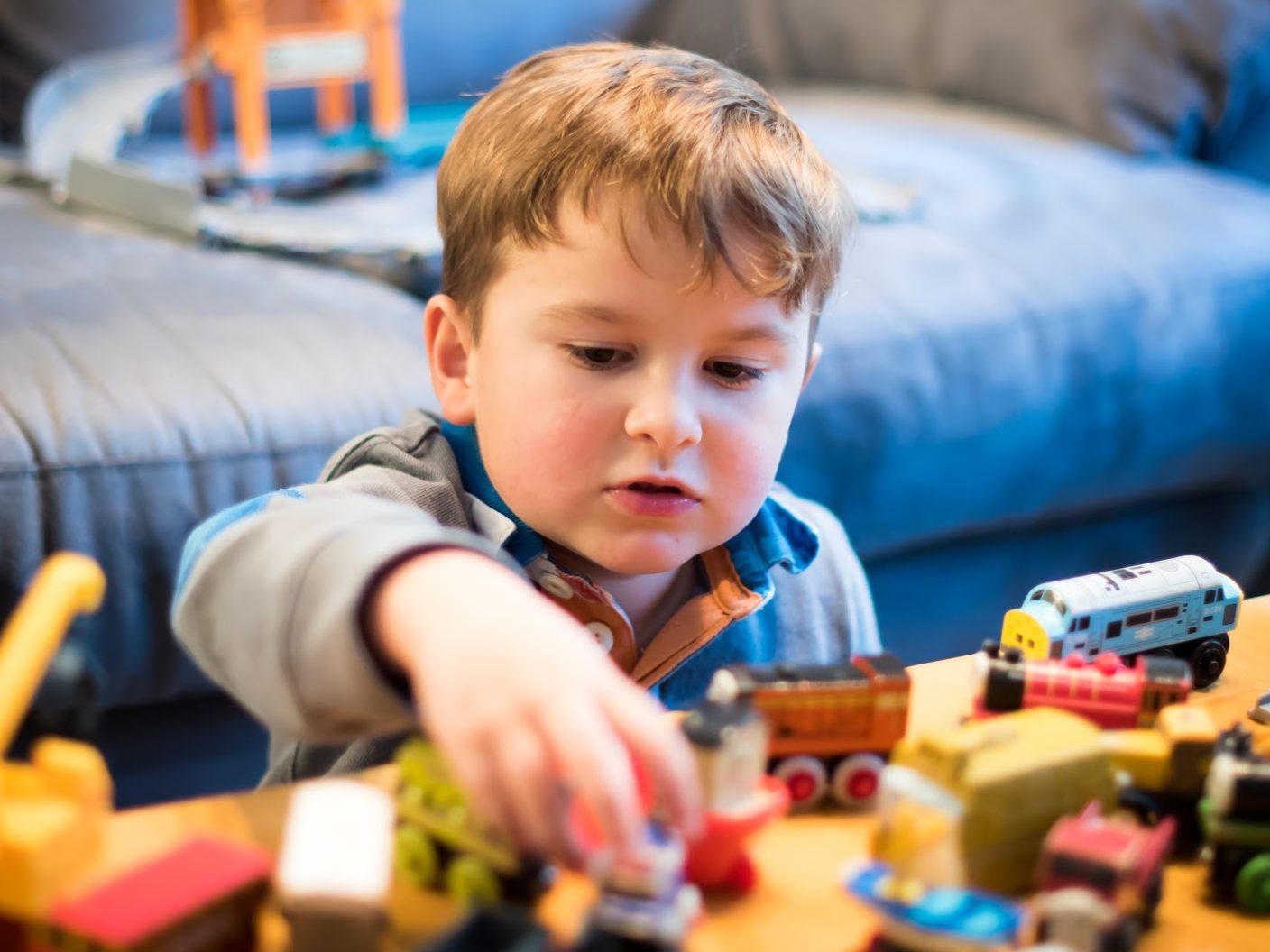Toy Under the Microscope: Parents Want More Sustainability and Less Noise

Parents find the toy offerings for their children mostly too loud and not sustainable enough. This is shown by a representative survey conducted by the Gallup market research institute on behalf of the Chamber of Labor (AK) Vienna. The AK is calling for better infrastructure in terms of reusing toys and more sensitivity to gender stereotypes in advertising, said Gabriele Zgubic, head of AK Consumer Policy, at a press conference on Thursday.
The toy market is large and significant, said Zgubic. In 2024, sales in Austria were over 750 million euros, "with an upward trend." Parents see the market in two extremes, explained Nina Birkner-Tröger, consumer researcher and head of the Consumer Policy Department of the AK Vienna. Toy chains are more associated with flashy and cheap plastic toys that are more gender-specific, "meaning: pink princess castles for the girls, action figures or cars for the boys," said Birkner-Tröger. Retailers are more likely to be associated with educationally valuable and more expensive wooden toys. This image does not necessarily correspond to reality, but is the parents' perspective.
Survey: Too Much Loud and Non-Sustainable Toys
As part of the study, the AK Vienna wanted to know from parents whether the market meets their expectations, what they wish for in toys for their children, and what they pay attention to. For this purpose, 1,000 parents of children between two and ten years old were surveyed online, and ten qualitative interviews were conducted with parents of children between one and ten years old. According to Birkner-Tröger, the focus was on the topics of sustainability and gender. The survey and interviews were conducted in the spring of 2024.
In the survey, 59 percent stated that their children's toys are not sufficiently recyclable, more than half found that there is too much toy made from non-sustainable materials like plastic, and the goods are not produced fairly enough. Additionally, about half feel that there is too much noise-producing and too much electronic toy.
Parents mostly buy toys online, followed by purchases at toy chains. Retailers are rated positively, but more than half of the parents rarely or never shop there because they perceive the prices as higher.
Toys: Secondhand Popular Among Young Parents
The topic of secondhand plays a role in toys for about a quarter of the respondents: 24 percent (offline) and 28 percent (online) frequently or very frequently resort to secondhand toys. It is particularly popular in big cities and among young parents. Many people repurpose sorted-out toys: 63 percent have given away or exchanged sorted-out but functional toys, 55 percent have sold them online or offline, and 39 percent have donated them. They end up in the residual waste for 22 percent of the respondents.
Although 60 percent of the surveyed parents find the ratio between gender-neutral and gender-specific toys acceptable, participants in the qualitative interviews criticized stereotypes. 42 percent desire gender-neutral colors and designs as well as role models that break stereotypes. Women and people with higher education tend to view gender-specific toys more critically.
AK Vienna Wants Toys in the Work Plan of the Ecodesign Directive
The Chamber of Labor Vienna sees a need for improvement and demands that toys be produced more sustainably and fairly. Toys should be included in the work plan of the Ecodesign Directive, said Zgubic. She also reiterated the AK's demand that the EU supply chain directive must not be weakened. More sustainability criteria and an infrastructure for reuse and repairs, such as nationwide collection points or lending shops, are also needed.
Additionally, the AK Vienna appealed to the Advertising Council: It would be desirable for gender stereotypes to be addressed more strongly alongside the issue of gender discrimination. Market surveillance authorities should also more closely monitor online products from non-EU countries, it says.
(APA/Red)
This article has been automatically translated, read the original article here.





